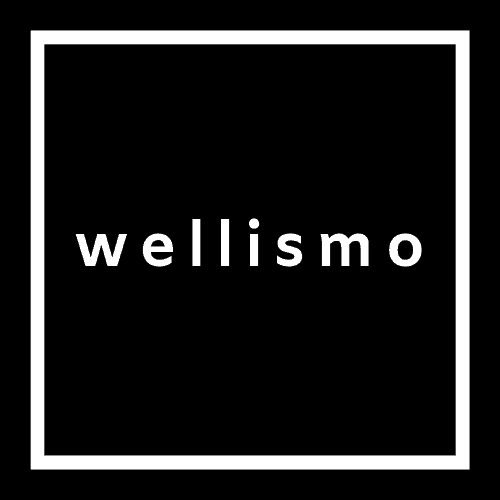You have a blind spot.
Psychologically speaking, a blind spot is an unseen mental obstacle. Unlike physical blind spots, this one is in the abyss of your deep inner world.
Even the most self-aware among us cannot see their own blind spots.
You don’t know what you don’t know.
Blind spots go unchecked by doing what you always do – or as we like to call it, staying in the confines of your comfort zone.
By doing only the things that come easily or naturally to you, you remain blissfully unaware of your blind spot.
While this doesn’t seem harmful, over time, your blind spot can become your fatal flaw.
How a blind spot turns into a fatal flaw
For example, let me tell you a story about Bruno (name changed for privacy):
Bruno was born into rural poverty in the Midwest. He starting painting fences at the age of 12 so that he could buy a bike. He didn’t have much to learn from his parents, so he sought mentorship from local entrepreneurs in the nearby town where he gained experience in business – and a strong work ethic.
Fuelled by his lifelong dream of pursuing higher education, he worked tirelessly in several jobs to put himself through college. He took great pride in doing so without any social assistance or financial support. He proved to him that “I can do it on my own.” He had realized his dream of becoming financially independent.
Eventually, he built a successful business from the ground up as the town’s largest independent retailer- growing far beyond what anyone would have imagined considering his modest upbringing. He was the quintessential self-made man. But with size and scale of a business that large, challenges arose that, despite his smarts and work rate, he could not overcome. But he was steadfast in his belief: “I can do it on my own”. After all, this had served him so well throughout his life.
When economic downturn swept through the Midwest, he he refused to ask for a loan, remarking, “I don’t ask for handouts; I can figure it out on my own.” Eventually, with the arrival of big box retail and his quickly eroding capital, Bruno was forced to close his store.
Lessons learned
You and I can objectively see Bruno’s blind spot. But for years, he did not.
In fact, from his perspective, he took great pride in his self-concept of being “resourceful” and “independent” – these were hardly attributes of weakness.
If he had stepped out of his comfort zone and asked “is there something I’m not seeing?” perhaps he would have hired a business partner, gotten a loan, or evolved his business operations. Unfortunately, we’ll never know…
You are the Bruno in your own life story, and you have your own blind spot.
What to do about your blind spot?
Here’s what you can do about it:
- Let go of your attachment to knowing and open yourself up to not knowing
- Assume you have a blind spot and commit to identifying it
- Surround yourself with people who are good at things you’re not
- Be able to see other perspectives without arguing against them
- Have a healthy level of self-doubt by asking questions such as “Is it possible I’m wrong about this?”
- Step out of your comfort zone
- Ask for help
Ultimately, what I’m advocating for here is a healthy dose of humility, open-mindedness, and embracing the fact that you don’t know what you don’t know.
As always, if you need help, I’m here to guide you.
PS: This blog was originally sent via the weekly Wellismo newsletter. It got such great feedback that we decided to share it on the blog. To make sure you’re getting all the weekly Wellismo wisdom, be sure to subscribe below.


